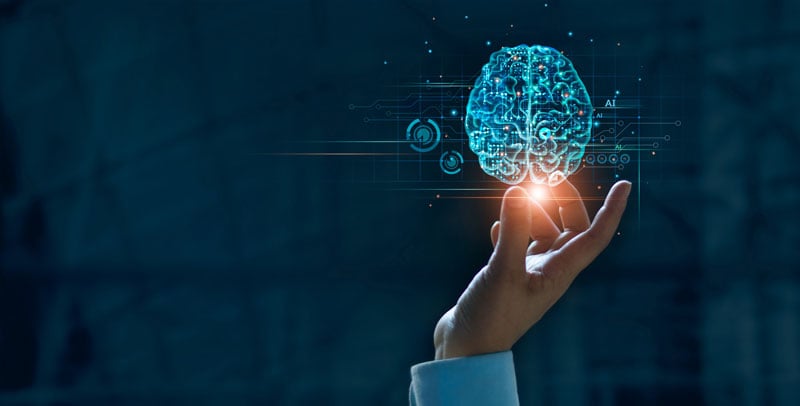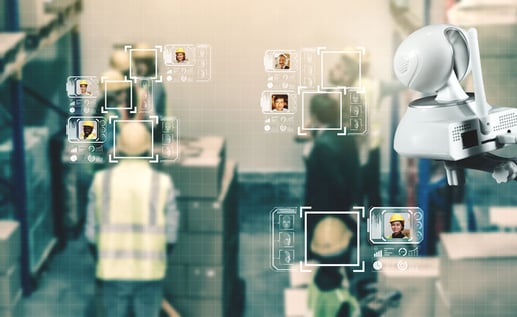
Unlock the potential of generative AI in manufacturing
- 2 minute read
-
Author: Mobica
Generative AI (GAI) shot into public consciousness in 2023. The emergence of tools like ChatGPT and DALL-E has encouraged people to imagine a world where GAI can be used to create everything from art to new business innovations.
Interest in its deployment has grown to the extent that 70% of executive leaders are now investigating the potential for deployment within their business – while almost a fifth (19%) are already in “pilot or production mode”.
 Undoubtedly, as we continue to move into the era of Industry 4.0, GAI will also start to play an increasingly significant role in future manufacturing operations. With the potential to create new products, design parts for highly specific tasks and create the most efficient workflow processes, it will rapidly accelerate innovation across the sector.
Undoubtedly, as we continue to move into the era of Industry 4.0, GAI will also start to play an increasingly significant role in future manufacturing operations. With the potential to create new products, design parts for highly specific tasks and create the most efficient workflow processes, it will rapidly accelerate innovation across the sector.
Imagine being able to support the creation of Digital Twins that enable predictive maintenance or the development of process controls, in an instant. This will help businesses achieve more with less – boosting productivity and sustainability.
Unlocking the Possibilities
The possibilities for the future are boundless. But if businesses are serious about gaining the benefits these solutions can provide, steps need to be taken to ready manufacturing operations first.
While initial iterations of GAI in industrial environments are likely to be limited in scope, organisations will still need to deploy an underlying technological infrastructure to support these capabilities.
For instance, an early example of a GAI deployment may well involve chatbots. These could give operators the ability to answer questions about their machines and then generate documentation about production processes, maintenance and safety in real-time.

As a bare minimum, this system will need to be designed and equipped with natural language voice interfaces that can facilitate operator-to-machine collaboration. But to be able to answer the operators’ questions, these chatbots will also need to be built upon an infrastructure that is able to harvest, transfer and process all of the data required to inform those interactions.
This is true for any machine learning-based solution, whether that’s deploying automated guided vehicles (AGV) or computer vision. Data will need to be captured through sensors, transferred via dedicated communication systems and processed through Edge and Cloud computing solutions.
Continuous Learning
Ensuring the technical foundations are in place, is just the minimum requirement for GAI to be effective, however. To limit the potential for unpredictable behaviour, these systems will need to be monitored and constantly updated.
It is possible for the quality of the data to deteriorate over time – for example, if dust has accumulated on sensors. This could be damaging for business operations so data analysts will need to train, and then continuously retrain, the algorithms to prevent problematic results – while also feeding the system with new datasets that will enable the technology to learn and improve.
There is also the possibility that a malicious attacker may attempt to deform the data during transfer. It is essential comprehensive security is in place as the system will only be as strong as its weakest element.

Due to the nascent nature of this technology, careful consideration will need to be given to how these solutions can be safely applied. As the investment involved in deploying these solutions is not trivial, companies will also need to be methodological in their approach to minimise workloads and keep costs down.
Given the size of the benefits on offer, however, business cannot ignore the potential GAI, or machine learning more generally – the risk of falling behind competitors is too great. So, to help companies better understand the challenges they might face and how they to overcome them, Mobica has produce a new guidance paper Integrating Machine Learning within Industrial Environments.
If you are thinking about deploying these solutions, download the paper today and prepare yourself for the journey ahead.
